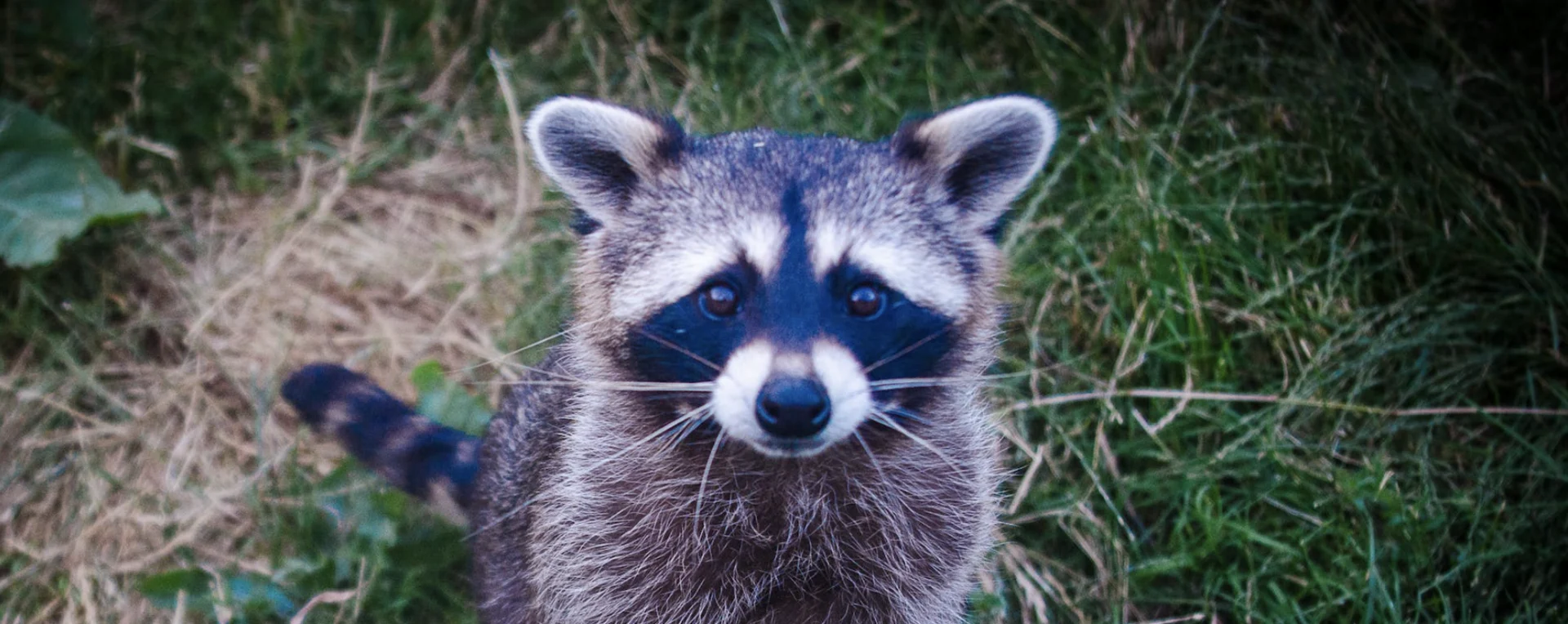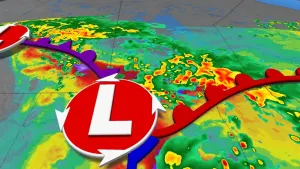
How to stop wildlife from becoming house guests
No vacancy! Taking preventive measures can save you a lot of trouble and money in the long run.
As spring and early summer roll in, so do raccoons, squirrels, and other bothersome critters in our neighbourhoods. While it can be fun to see wildlife roaming around, things can take a turn when they decide to make themselves at home on your property. This can lead to various issues, including structural damage, the transmission of diseases, and even potential harm to your pets.
When wildlife pests invade homes or businesses, they're typically seeking necessities like food, water, and shelter. Their activities can lead to various forms of damage, such as chewing wires or disrupting yards. Additionally, they may find their way into your home, attic, garage, or crawlspace, potentially spreading diseases, emitting odours, and creating unwanted noise.
How to Prevent Wildlife from Getting In
Seal Entry Points
To keep wildlife out of your property:
Inspect the exterior for potential entry points such as under decks, porches, and stairs.
Enclose these spaces with specialized skirting or wire mesh designed to keep them out.
Seal small openings with concrete, steel wool, screening, or metal sheeting.
Ensure your siding is fastened securely, and avoid leaving garage doors open.
Taking preventive measures can save you a lot of trouble and money in the long run.
The roof is often overlooked, but it's one of the most accessible entry points for wildlife such as birds, squirrels, raccoons, and bats. Raccoons are experts in climbing trees, and squirrels are acrobats.
To prevent these animals from gaining access to your roof:
Ensure that branches from large trees are trimmed back by a professional to remove an accessible raccoon walkway or a launch pad for squirrels.
Cap the chimney with a screened vent, and inspect the flashing around its base yearly for cracks.
Clean out the eavestroughs, install gutter guards to prevent birds from using them as nests, and repair any loose or damaged shingles.
Ensure roof vents are securely sealed and screened to deter wildlife from entering.
Regular inspection and upkeep are critical to prevent unwanted wildlife intrusion over time.
Roof Vents
Roof vents, often overlooked but critically important, serve as potential access points for pests, including wildlife. While we associate pests with insects and rodents, wildlife such as birds, squirrels, raccoons, and bats can also exploit roof vents to enter your home.
Once inside, these pests can cause significant damage to your property by gnawing on electrical wires, insulation, or structural components. Additionally, their presence poses health risks due to the potential spread of diseases and parasites through droppings and nesting materials.
Regular inspection and maintenance of roof vents are essential to prevent unwanted wildlife intrusion. Check for signs of damage, such as broken screens or loose fittings, which could serve as easy entry points for pests. Ensure that vents are securely sealed and screened to deter wildlife from entering.
In cases where wildlife has already gained access through roof vents, it's crucial to address the issue promptly. Consult with a professional pest control or wildlife removal service to remove the intruders and implement measures to prevent future infestations safely and humanely.
Maintaining a Clean and Tidy Property
Wildlife is often attracted to properties that offer accessible food, water, and shelter. Therefore, it is important to keep your yard tidy to discourage them from claiming it as their own. This can include keeping garbage and recycling bins securely sealed and rinsing food containers before recycling to minimize raccoon break-ins.
To prevent animals from using your yard as a nesting ground, keep it clutter-free and maintain a clean, grease-free barbecue. It's also best to feed pets indoors and bring in water bowls when not in use to avoid attracting wildlife.
While it may be tempting to feed wildlife, it's best not to do so. This can alter their behaviour and make them dependent on human-provided food. This could lead them to relocate permanently to your property, causing more wildlife intrusions. Despite good intentions, feeding wildlife can disrupt their instincts and ability to thrive in their native habitat.
What to Do When They Find a Way In
If wildlife is already on your property, you must address the situation promptly by calling a trained professional for removal. Attempting to handle wildlife on your own can pose risks. For instance, a cornered raccoon can become aggressive, especially if separated from its young, potentially escalating into a dangerous situation.
Instead, it's important to seek assistance from a reputable company like Abell Pest Control. They have the expertise to understand municipal bylaws, possess the necessary licenses for humane trapping and relocation of wildlife, and can assist in implementing preventive measures to avoid future infestations. By entrusting the task to professionals, you can ensure the safety of both your property and the wildlife involved.









